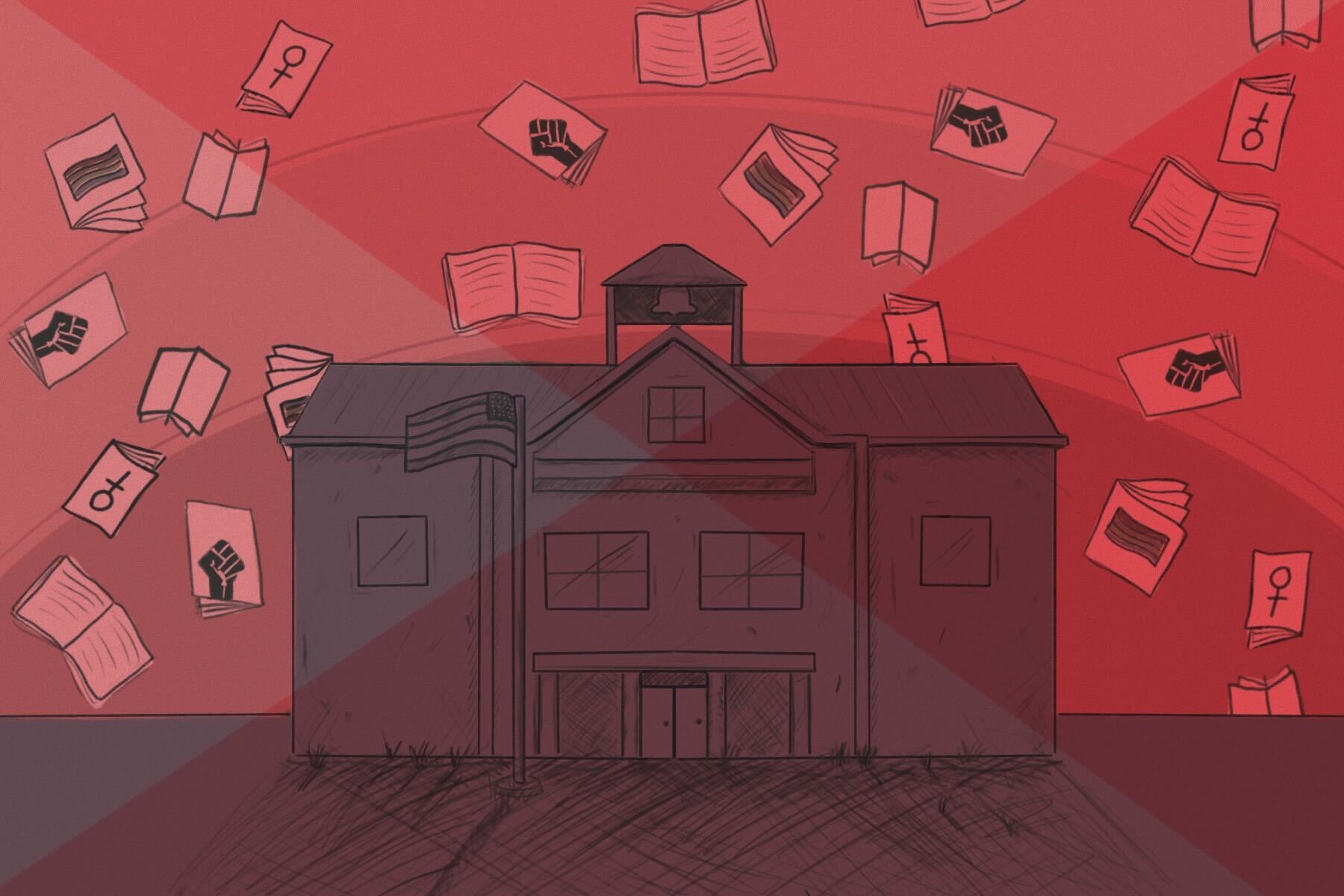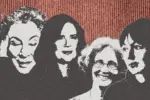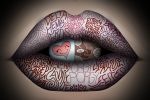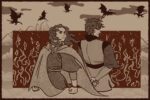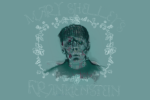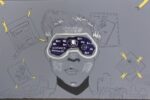Education is a highly important thing that is valued all over the world. In the United States, we have the privilege of being able to have accessible education that is the best of its kind. For the past few years, however, school districts across the U.S. have decided to diminish the importance of education through book bans.
Reading is encouraged and practiced a lot in school. While there are a lot of kids who don’t like to read, there are also tons who do, and when those who do struggle with reading find a book that they like and are interested in, it makes them possibly want to read more.
Middle school and high school English classes are supposed to challenge students and get them to talk about subjects on an intellectual level. To do that, it means reading and talking about books that discuss race, gender, sexuality, historical movements and so much more — yet for some reason, certain politicians and activists deem these books controversial and want to ban them. To them, these are the books that are allegedly going to corrupt the minds of America’s youths.
According to an article from USA Today written by Barbara VanDenburgh, the books that are being targeted or challenged are books that “focus on communities of color, the history of racism in America and LGBTQ characters.”
While parents and school boards may think they’re protecting students, they’re actually doing more harm than good. In an editorial in The New York Times, The Learning Network wrote that an “overwhelming majority of students were opposed to book bans in any form.” The article included interviews with students who had insightful things to say about book bans, and most of them consisted of similar arguments: “Young people have the right to read unsanitized versions of history, that diverse books expose them to a variety of experiences and perspectives, that controversial literature helps them think critically about the world, and that, in the age of the internet, book bans just aren’t that effective.”
Fictional Dystopias Become a Reality
While book bans are mainly targeted at books that explore race, gender and sexuality, they also affect books with idealistic themes or themes that explore the nature of autocracy. This includes books such as Ray Bradbury’s “Fahrenheit 451,” a dystopian novel where reading is illegal and Montag, the main character and a fireman, has to burn every book in existence, along with any house that contains even the smallest book. In the plot, civilians aren’t allowed to read because it would educate them and give them insights into the way the world used to be and what it could be. The government in the book wants its civilians to be distracted by technology, rather than the stories and insights that reading could provide.
The fact that “Fahrenheit 451” is a banned book is ironic. The reason that books are illegal in the story is the same reason this book is banned in real life. Politicians want to persuade parents and school boards to believe that certain books pose a threat and therefore today’s youth should not be allowed to read them. Instead of allowing children to be educated, they’re allowing children to be naive and oblivious just like the characters in the book. The reason they banned the book is because if people read it, they might connect the dots about how the same thing is happening in real life.
Another example of how the government is limiting and ruining education is found in the book “1984” by George Orwell. This book is also dystopian and follows Winston, whose job is to rewrite history to satisfy the Ministry of Truth and Big Brother, who is the symbol of the political system in the book. Civilians aren’t allowed to think for themselves, form any sort of relationships or do basically anything unless told to do so. Additionally, the characters are always being watched by Big Brother. The book is also about communism and all its potential outcomes.
This is another ironic situation because a book that’s all about not being able to think for oneself or make any personal choices is banned. Children and teenagers aren’t allowed to make their own decisions when it comes to their education and the things they want to be informed about. In a sense, they’re being told what to believe and what to think by their parents, teachers and politicians.
Surveillance is another theme in “1984” that correlates to the present day. Parents and teachers monitor what kids read to make sure they don’t encounter anything “harmful” or “controversial.” When authority figures decide what children can and cannot read, it takes away their right to learn and the power they have to make a change in the world.
Rewriting history is yet another thing that the book and real life have in common. Politicians, parents and school boards are trying to rewrite and erase history by making sure that certain books don’t see the light of day. Instead of shining a light on the things that are wrong with history, they’re trying to get rid of it in its entirety. Yet, these are the same people that preach about change and how we’re bound to repeat history if we don’t learn from it. How are we supposed to learn from history if the books that contain the history are the ones being banned?
What’s happening right now is a repetition of the past. Different stories and experiences are being suppressed. As much as school boards, politicians and parents want to protect their children from reading about specific themes, they must give the children the freedom to read and educate themselves about these very serious and important topics. Book bans aren’t the way to change the world. If anything, they’re just going to cause more problems, and sooner or later, America and school districts will start to see the negative effects.


